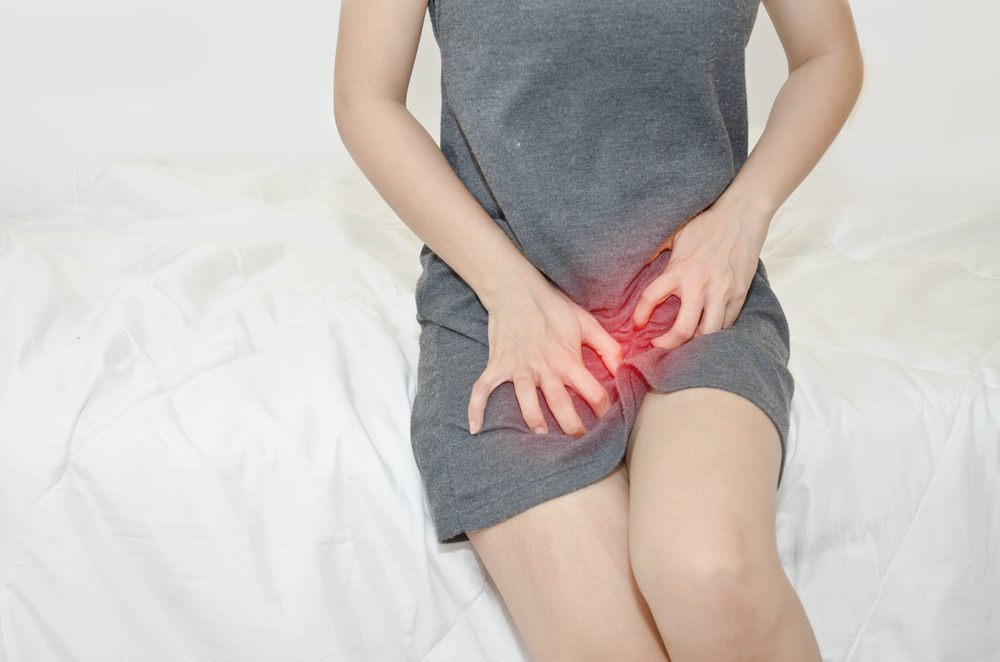What is a Yeast Infection?
The vaginal canal maintains a thriving environment of organisms, such as candida yeast. These organisms, such as candida albicans, play an important role in maintaining your vagina’s health and cleanliness. Unfortunately, certain things can cause too much yeast to take over the environment, throwing it out of balance. This called a vaginal yeast infection.
Are Yeast Infections Common?
A yeast infection is caused by an infection from a candida fungus. The human body normally contains a small amount of fungus, but in some cases, a particular type of fungus may overwhelm your body, leading to uncomfortable health issues. This condition is also known as vaginal candidiasis, and it’s very common in women. Women who get four or more vaginal yeast infections per year are considered to have recurrent vulvovaginal candidiasis.
Symptoms of a Yeast Infection
Yeast infections are not dangerous, but there are side effects of this medical issue. When you are trying to determine if you have a yeast infection, here are some of the symptoms that are associated with this condition:
- White patches on the inner cheeks or the roof of the mouth
- Vaginal discharge with thick white lumps
- Discomfort during sexual intercourse
- A burning sensation while urinating
- The vulva can swell and become red
- Itching sensations in the vulva and the vagina
Yeast infections can look very similar to bacterial vaginosis, another type of vaginal infection. Getting treatment at urgent care can help you determine which infection you have and how you should treat it. It’s important to know that vaginal yeast infections are not sexually transmitted infections, even though the symptoms can be similar. You can get a yeast infection without ever having had sex.
What Causes Yeast Infections?
It is important to visit a physician at an urgent care clinic to determine if you have contracted a yeast infection from sexual activity. This is because it’s recommended to test for sexually transmitted infections just in case.
However, there are other ways to become infected with a fungal infection, including:
- Hormone therapy can change the way that your body fights against fungus
- Having an impaired immune system that can’t control fungus growth
- Having diabetes mellitus can make you more susceptible to having a yeast infection
- During pregnancy, a woman is more likely to have a yeast infection
- Using birth control pills can change the level of fungus in your body
- Antibiotic use can destroy the good bacteria that prevent fungal and yeast overgrowth
Most vaginal yeast infections are caused by medications or introducing foreign ingredients into the vaginal environment. Some women are prone to recurrent yeast infections, in which case it’s important to determine the underlying causes to prevent yeast infections in the future.
How are Yeast Infections Treated?
In many cases, you can treat vaginal yeast infections at home with antifungal medication like Monistat. Avoid using these at-home treatments for yeast infections if you are pregnant. However, a more complicated yeast infection or a yeast infection that causes severe symptoms or doesn’t respond to over-the-counter treatment may require a trip to urgent care.
Diagnosing a yeast infection will include a physical pelvic exam along with collecting your medical and sexual history. A physician can collect a sample of the yeast from the mouth, skin, or vulva to perform a culture test. If you have contracted a yeast infection from sexual activity, then a physician will want to test you for other sexually transmitted diseases. You will likely be prescribed oral medications to help restore healthy bacteria and reduce yeast overgrowth. With treatment, yeast infections can go away within a few days to weeks.
How to Prevent Vaginal Yeast Infections
Although yeast infections are very common and most women are likely to experience on at some point, most yeast infections can be prevented with the following steps:
- Eat probiotic rich foods like yogurt
- Never douche or insert unsafe lotions, creams, soaps, or suppositories into the vagina
- Don’t uses sprays or powders in the area
- Wear loose, cotton underwear
- Avoid wearing wet or damp clothing for long periods of time
- Take antibiotics only as directed by your doctor
- Consume less sugar and see your doctor about managing blood sugar if you’re diabetic
- Keep your vulva clean and dry thoroughly after a shower
Frequently Asked Questions about Yeast Infections
What are the common symptoms of a yeast infection?What causes yeast infections?Can men get yeast infections?How long does it take to recover from a yeast infection?How is a yeast infection diagnosed? |
Yeast Infection Treatment in Grand Rapids, MI
Yeast infections are an uncomfortable occurrence that affects millions of people each year. This condition is not serious but treatment is needed so that it can be resolved. Come into WellCare Urgent Care Center to get a proper diagnosis and treatment for the yeast infection. Schedule a same-day appointment at our Cascade and Leonard locations through our online terminal.




